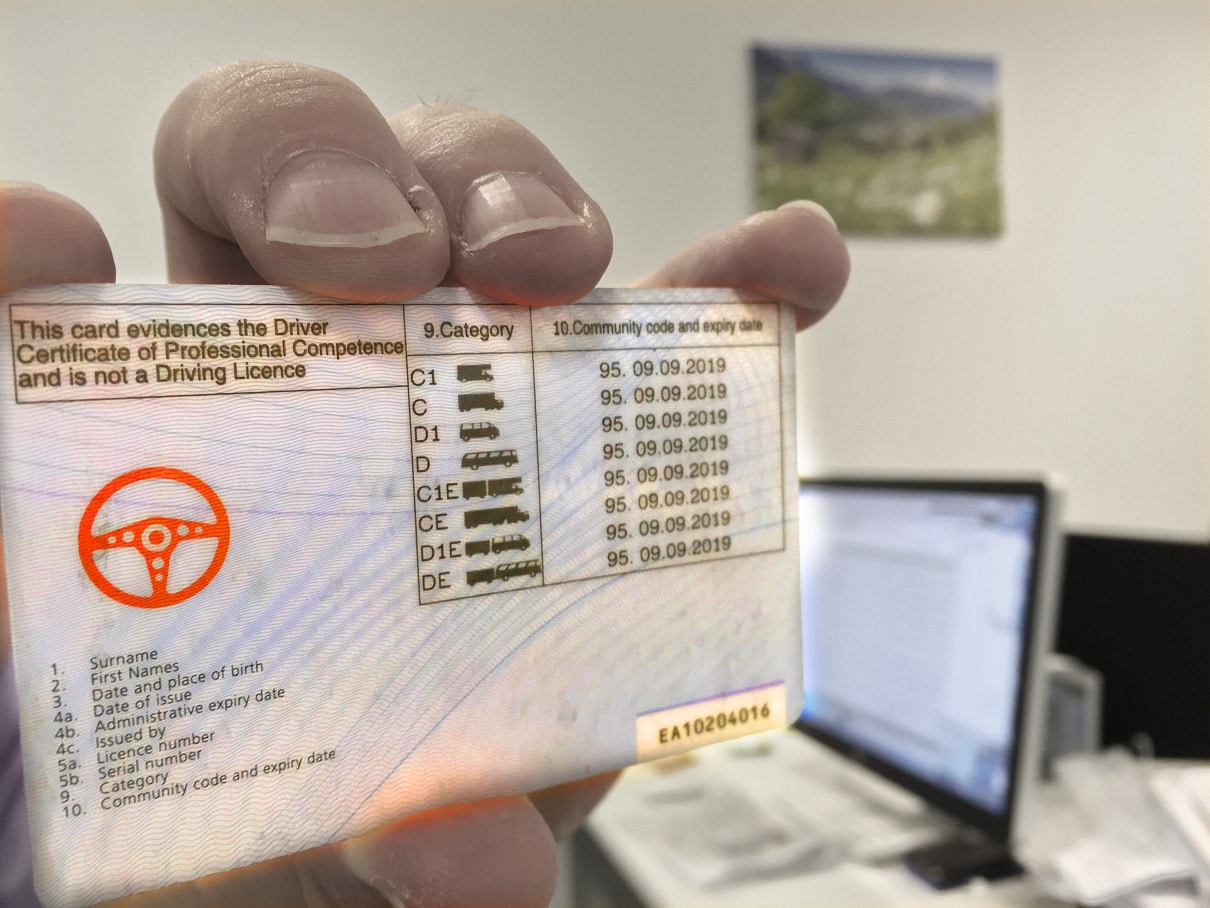The UK market is yet to take opportunity charging of electric buses on as a major part of the concept, but other countries have. How well does it work in practice? routeone finds out in the Netherlands
What’s it really like to operate opportunity-charged electric buses in squadron service?
With the exception of a modest fleet in Milton Keynes, the answer to that is not yet known in the UK. But in the Netherlands it is, with both Arriva and Transdev-owned Hermes having experience.
Manufacturers selling electric buses to the UK have – so far – concentrated on those that carry sufficient energy for a full day’s work, but opportunity charging, where batteries are replenished at regular intervals, has merit.
Not only can vehicle weight be kept down, but Dutch manufacturer VDL says that it allows batteries’ charge state to be kept within a tighter range, enhancing their lifetime.
Last week VDL and the two Dutch operators gave a ‘warts and all’ account of how opportunity charging performs in real life.
A bespoke offering
As yet VDL has no plans to sell its innovative Citea range here, but it is watching the UK market for electric buses closely.
VDL has identified that if anything transpired, it would likely be the 9.95m LLE-99 that was adopted for right-hand drive first. With air-conditioning it weighs 10,295kg unladen, and it carries 62 passengers. 180kW/h of energy is stored on board.
Arriva Nederland runs the LLE-99 in Venlo. The operator’s current 50-strong electric bus fleet will grow to 273 by 2026 and it is rapidly gaining experience of opportunity charging.
“We had to construct charging stations, including on residential streets,” says Engineering Director Ietze van der Meer. “As a result some people gained a charging point outside their houses.”
VDL fits a pantograph to electric Citeas, but from 2018 it will alternatively offer a collector fixed to roadside infrastructure. In the former case, the importance of ensuring that buses are correctly positioned when charging is huge, says Mr van der Meer.
Train your drivers
Arriva Nederland’s Citeas were introduced when it took over the existing Venlo concession, so it was unable to train drivers on them beforehand.
That was tricky to deal with, but Mr van der Meer says that when drivers have a bus that they like, adoption and acceptance of new technology is smoother than when the opposite is true.
“We remain in a period of transition,” he says of opportunity charging. “It’s not simply a case of what was diesel is now electric. Range and charging points must be taken into consideration.”
Arriva Nederland’s conclusion is that the adoption of opportunity charging brings a steep learning curve.
It can be done successfully, but what the operator has found is that working in partnership with the vehicle and charging equipment suppliers is an important part of both the roll-out and long-term operation.
In the big city
A larger centre of opportunity-charged electric buses is Eindhoven, where Hermes operates 43 air-conditioned articulated Citea SLF-181s. They are BRT-style buses to a high specification, and unladen they tip the scales at 19,075kg.
Their charging regime is complicated, and it is one that currently would be untenable in the UK market. Each bus returns to the depot up to four times per day to receive a half-hour boost, although scheduling permits them all to be in service at the height of both peaks.
The Eindhoven operation also involves many buses sitting idle during the day; the latter is very seldom the case here, which may further work against the adoption of such a strategy.
“Today the range of an SLF-181 is around 75km between charges,” says Hermes Director Juul van Hout, although a ‘safety net’ is in place. Buses typically return to the depot with 25% of charge remaining, which in the future may reduce as confidence in the technology increases.
On BRT work, 75km equates to around three hours’ use, and planning charging is complex. “We cannot have all of the buses coming in at once, and some scheduling software cannot yet support charging downtime,” says Mr van Hout.
“Drivers must be in the right bus, at the right place, and at the right time. The highest level of attention is given to ensure that happens,” he adds.
Regardless of these apparent handicaps, the electric Citeas have been well accepted and the huge initial outlay on them and their charging infrastructure has been funded entirely by Hermes.
VDL says that despite the high initial cost, over a 15-year life the total cost of ownership of the buses will be lower than a fleet of comparable diesels, and that is food for thought.
routeone comment
To VDL’s utmost credit, it did not portray opportunity charging as flawless at last week’s press briefing. Nor did it ensure that the two participating operators parroted all of the technology’s positives and none of its negatives.
Among manufacturers of electric buses active in the UK market, opportunity charging is a divisive topic.
Most favour installing sufficient battery capacity for a full day’s work, but Volvo does not. Operators, meanwhile, just want a bus that is reliable and does what it is supposed to over as many in-service hours as possible.
Opportunity charging has positives, and it is currently advancing at a rapid rate. It may yet become an accepted part of the UK industry.

























